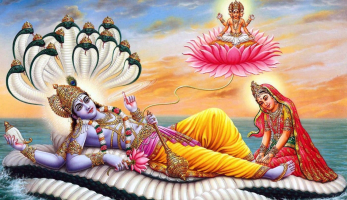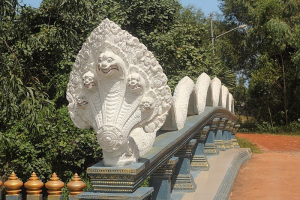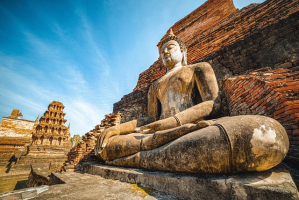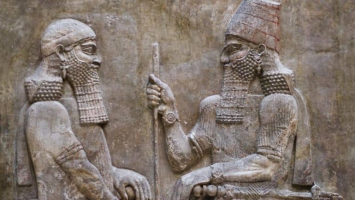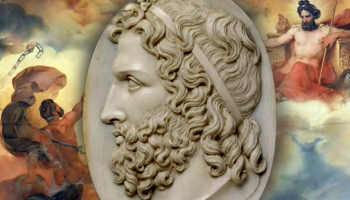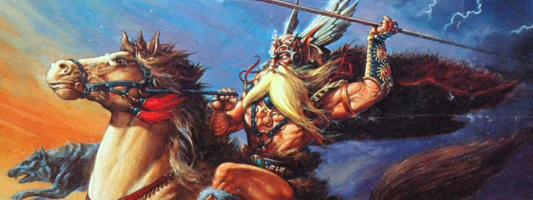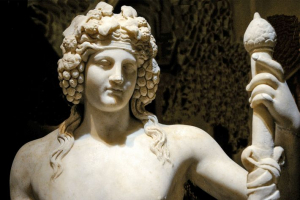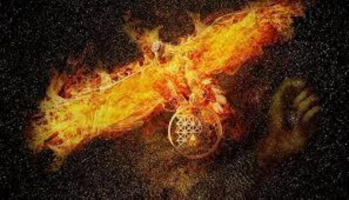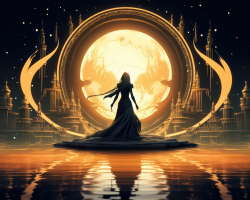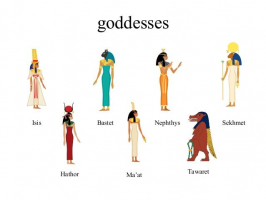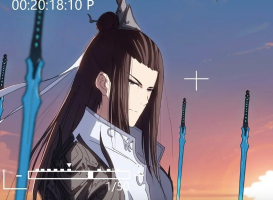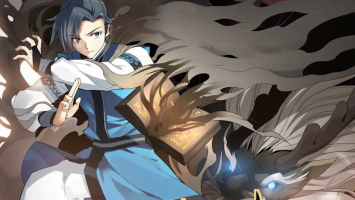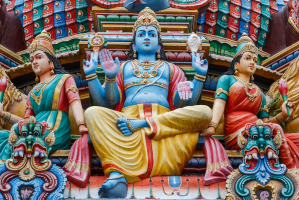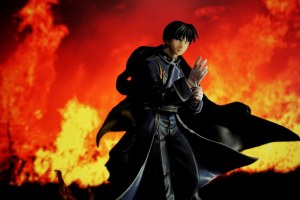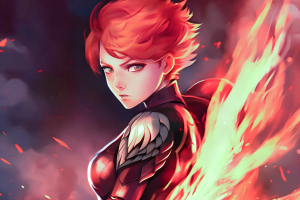Top 10 Most Powerful Gods in the World
Different cultures and faiths have had the idea of powerful gods for hundreds of years. People prayed to and respected these gods because they were strong, ... read more...wise, and able to control the world. But different cultures have different ideas about what makes a god strong, and there is no one list of the most powerful gods in the world. In this piece, we'll examine some of the most powerful gods from different mythologies and religions.
-
Jesus Christ is a central figure in Christianity and is believed by Christians to be the Son of God. According to the Bible, Jesus was born to the Virgin Mary and Joseph in Bethlehem. He spent most of his life teaching and performing miracles and ultimately died on the cross to save humanity from sin. Christians believe he rose from the dead three days later and ascended into heaven.
Jesus taught many things during his time on earth, but some of his most important teachings revolved around love, forgiveness, and the importance of treating others with kindness and compassion. He also emphasized the importance of faith and prayer and taught his followers to love God and to love their neighbors as themselves.
For Christians, Jesus is important because he is believed to have died on the cross to save humanity from sin. His teachings and his sacrifice have had a profound impact on the world, inspiring millions of people to live their lives according to his example. His message of love and compassion continues to resonate with people of all faiths and backgrounds today.
To follow Jesus, Christians believe they must strive to live according to his teachings. This includes treating others with kindness and compassion, forgiving others, and loving God and their neighbors. Christians also believe prayer and worship are important ways to connect with God and deepen their relationship with Jesus.
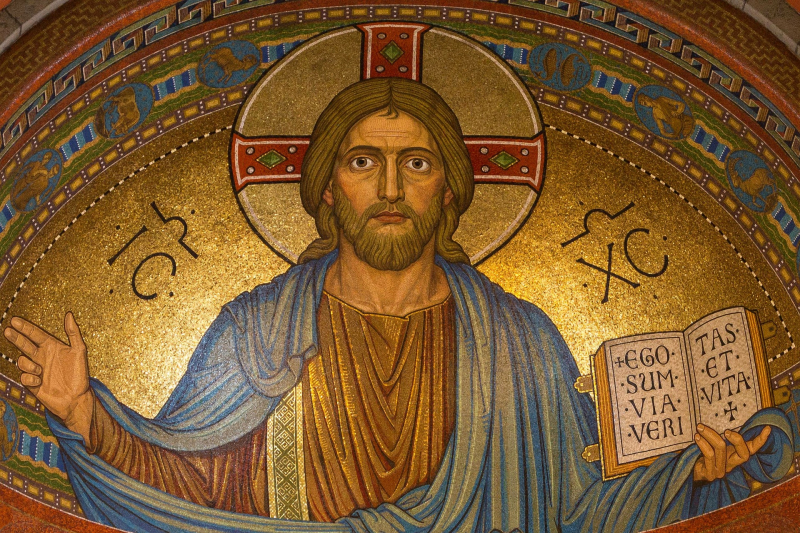
Image by Thomas from Pixabay 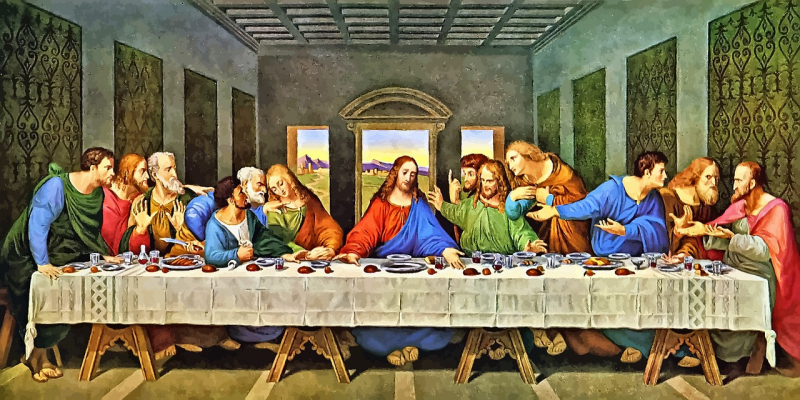
Image by Gordon Johnson from Pixabay -
Shiva is a major deity in Hinduism, known as the destroyer and one of the three main gods in the Hindu pantheon. He is often depicted as a powerful, blue-skinned figure with multiple arms and a third eye on his forehead. Shiva is associated with destruction and renewal and is believed to have the power to both create and destroy.
Shiva is surrounded by many myths and legends in Hinduism. One of the most famous is the story of how he drank the poison that emerged from the churning of the ocean, in order to save the universe. He is also associated with the holy river Ganges, which is said to have flowed from his hair. In addition, Shiva is often depicted as the lord of dance, with his cosmic dance symbolizing the cycle of creation and destruction.
Shiva is important in Hinduism because he represents both the destructive and creative forces of the universe. He is believed to have the power to destroy evil and obstacles, and to help his devotees overcome adversity. Shiva is also associated with yoga and meditation and is often invoked for spiritual growth and enlightenment.
There are many ways to worship Shiva, depending on one's personal beliefs and practices. Some devotees offer flowers, fruit, and other offerings at Shiva temples, while others perform puja (worship) at home. Shiva is also often worshipped through chanting of his mantra, "Om Namah Shivaya", which is believed to have a purifying and healing effect on the mind and body.
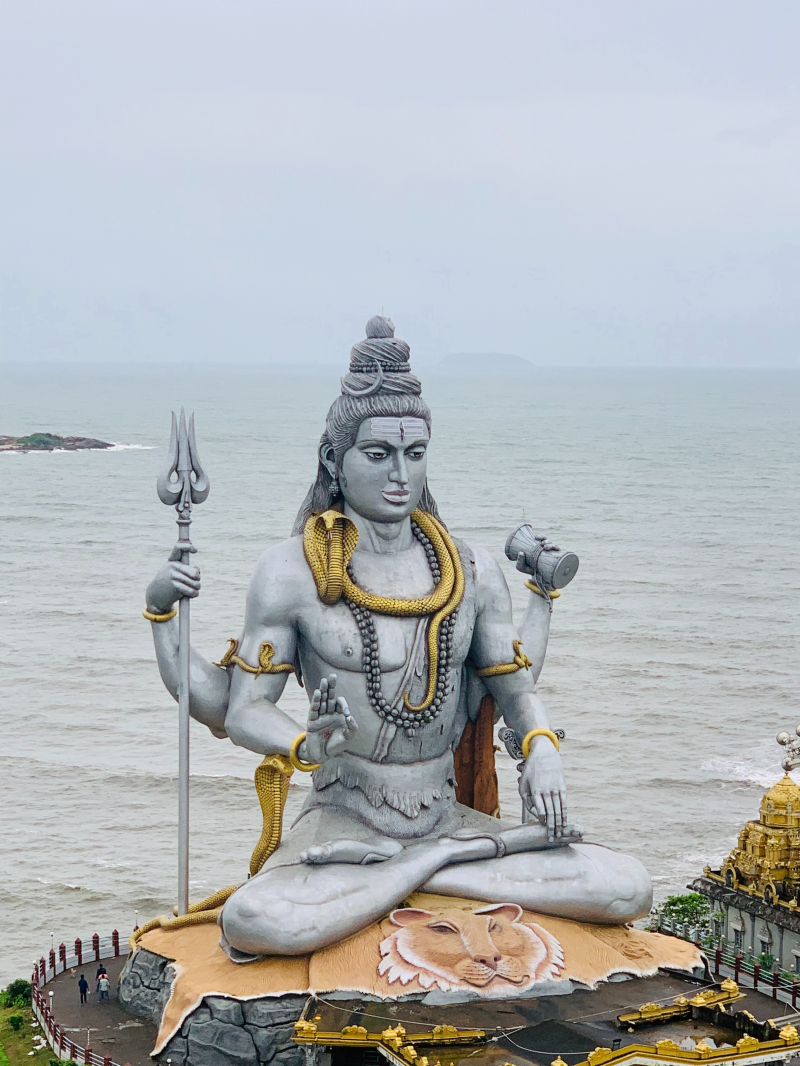
Photo by satish nagapuri on Unsplash 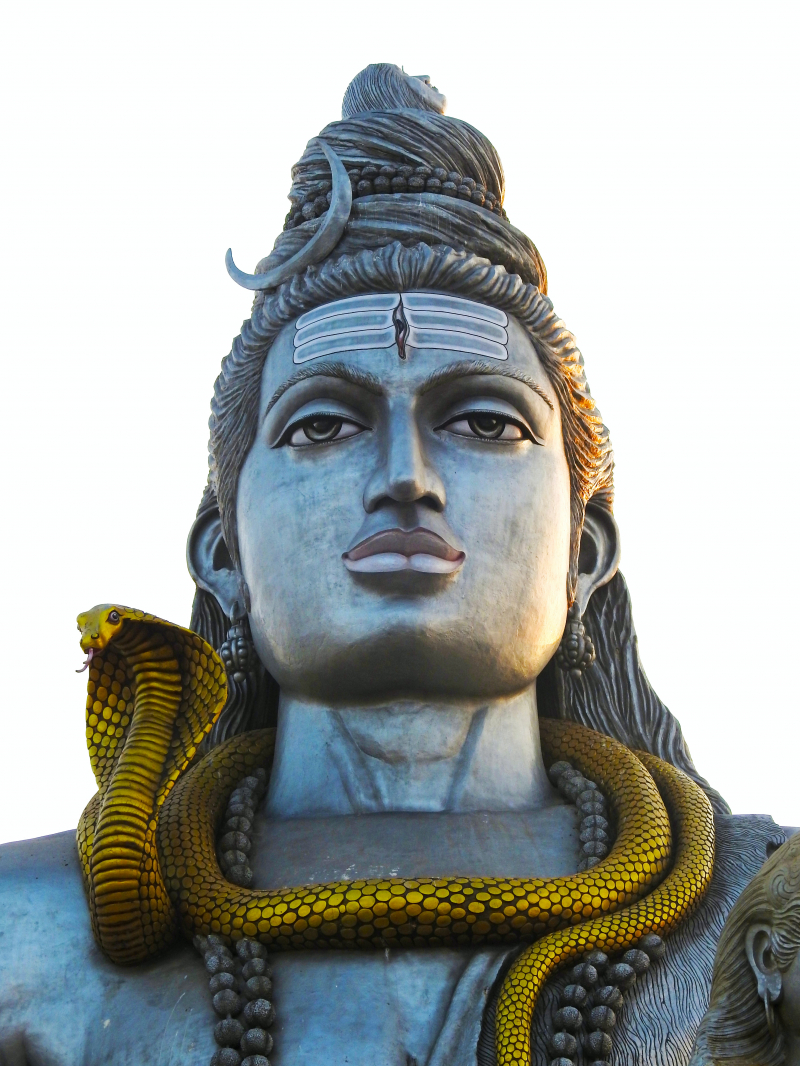
Photo by Spoortesh Honey: https://www.pexels.com/photo/photo-of-monumental-sculpture-3810915/ -
Athena is a Greek goddess of wisdom, courage, and inspiration. She is often depicted with a helmet, shield, and spear, and is associated with the owl, which is considered a symbol of wisdom. According to Greek mythology, Athena emerged fully grown and armored from the head of her father, Zeus.
Athena is associated with several myths and legends in Greek mythology. She is often depicted as a protector of heroes, such as Odysseus and Perseus, and is associated with the arts, particularly weaving. Athena is also often seen as a strategic and rational fighter, rather than a violent one.
Athena is important in Greek mythology because she represents wisdom, courage, and inspiration. She is often seen as a symbol of the ideal Greek woman, embodying traits such as intelligence, bravery, and skill. Athena is also associated with warfare, but is seen as a strategic and rational fighter, rather than a violent one.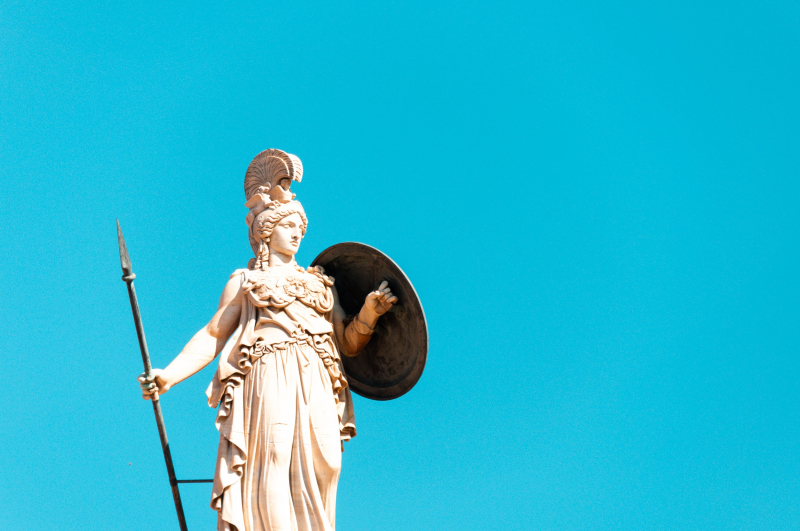
Photo by Hert Niks: https://www.pexels.com/photo/photo-of-a-statue-3224233/ 
Photo by Santiago Sauceda González : https://www.pexels.com/photo/statue-of-goddess-athena-11216257/ -
Odin is a prominent god in Norse mythology, associated with wisdom, war, death, and magic. He is often depicted as a one-eyed old man with a long beard, wearing a cloak and a wide-brimmed hat. Odin was said to have gained his knowledge through sacrifices and by hanging himself from the World Tree, Yggdrasil.
Odin is also associated with war and was believed to preside over the battles and the warriors who fought them. He is often depicted as a fierce and determined warrior, wielding a spear and accompanied by his two ravens, Huginn and Muninn, who served as his eyes and ears on the battlefield.
Odin's role as a god of death is also important in Norse mythology. He was believed to preside over Valhalla, the great hall of fallen warriors, where those who died bravely in battle would be taken after death. Odin was also associated with the Valkyries, female warriors who selected the bravest and most honorable of the fallen warriors to join him in Valhalla.
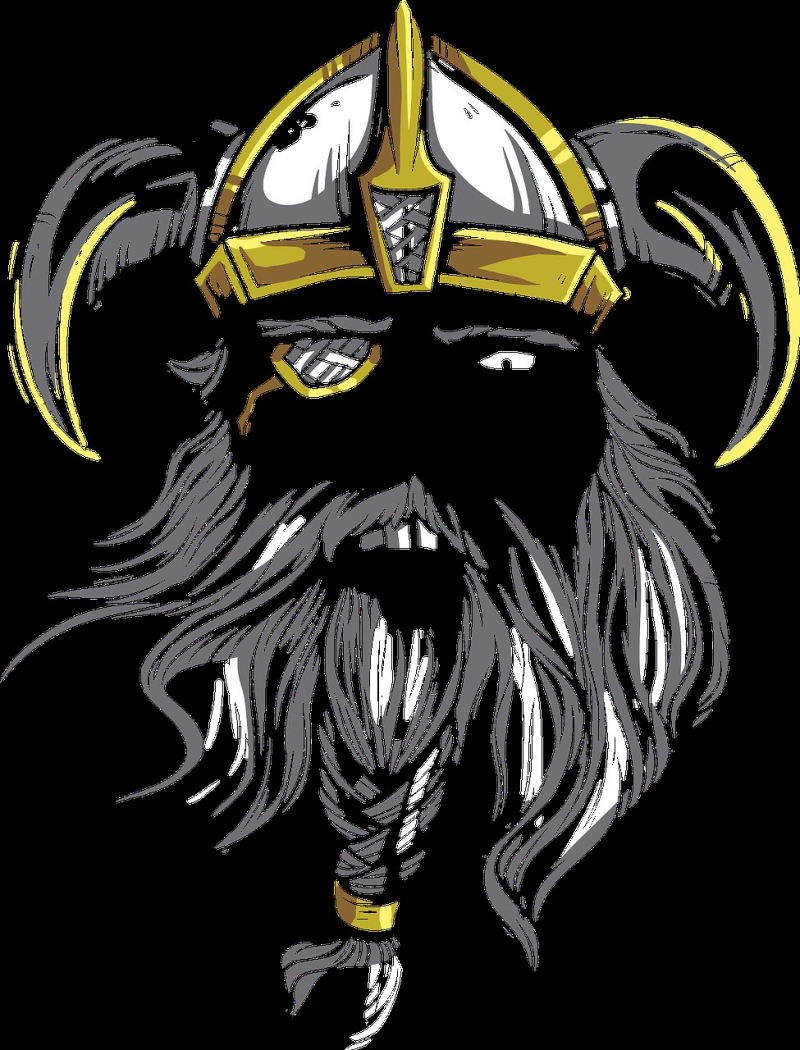
Image by Ben Kageyama from Pixabay 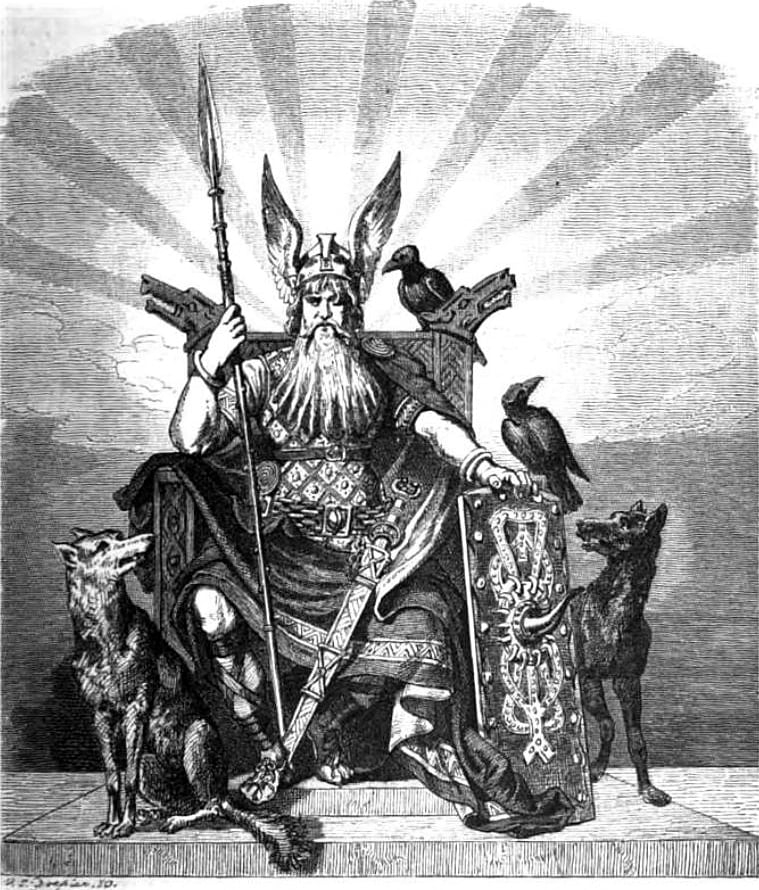
Odin (Illustration) - Photo on World History Encyclopedia (https://www.worldhistory.org/uploads/images/7588.jpg) -
Krishna is a major deity in Hinduism, often described as the eighth incarnation of the god Vishnu. He is revered as a wise teacher, a playful and mischievous child, and a powerful warrior. Krishna is often depicted with blue skin, holding a flute, and wearing a peacock feather in his hair.
Krishna's teachings are a central part of the Hindu scripture, the Bhagavad Gita, in which he speaks to the warrior Arjuna about the nature of existence, duty, and self-realization. His teachings emphasize the importance of detachment from material desires and the pursuit of spiritual enlightenment.
Krishna is also known for his role in several important Hindu myths and legends, including his childhood adventures and his heroic feats in battle. He is often depicted as a charming and playful figure, known for his love of music, dance, and romance.
In addition to his religious significance, Krishna has had a profound influence on Indian art, literature, and culture. His stories and teachings continue to inspire people all over the world, and his image as a wise and compassionate teacher has made him a beloved figure in many different spiritual traditions.
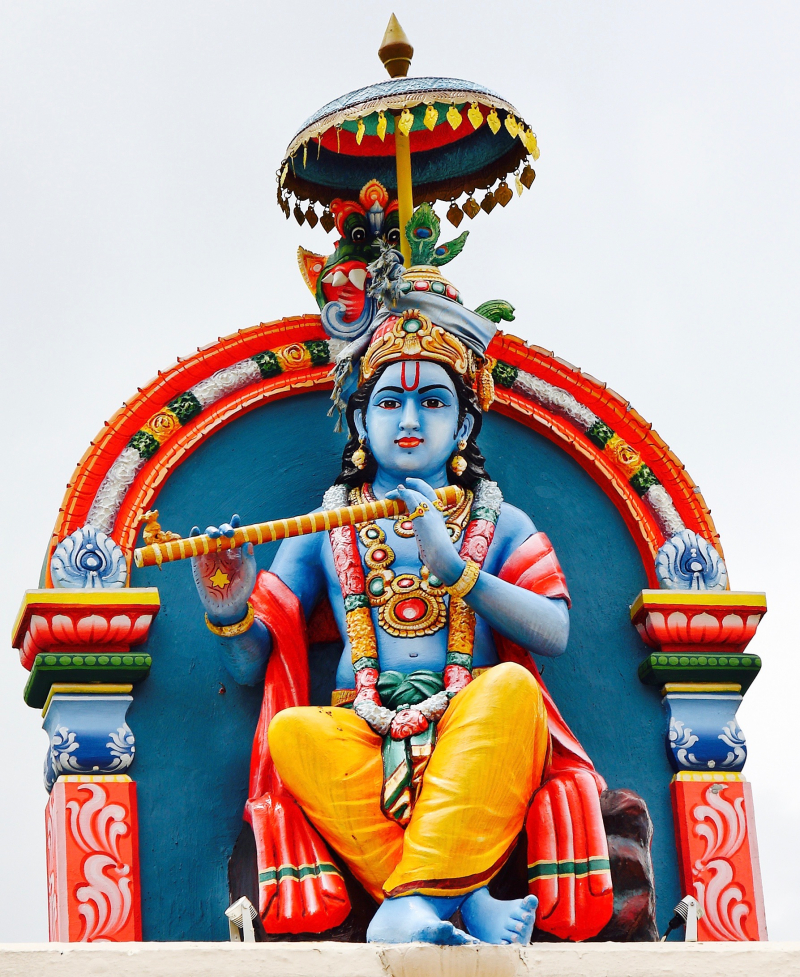
Krishna at Sri Mariamman Temple Singapore - Photo on Wikimedia Commons 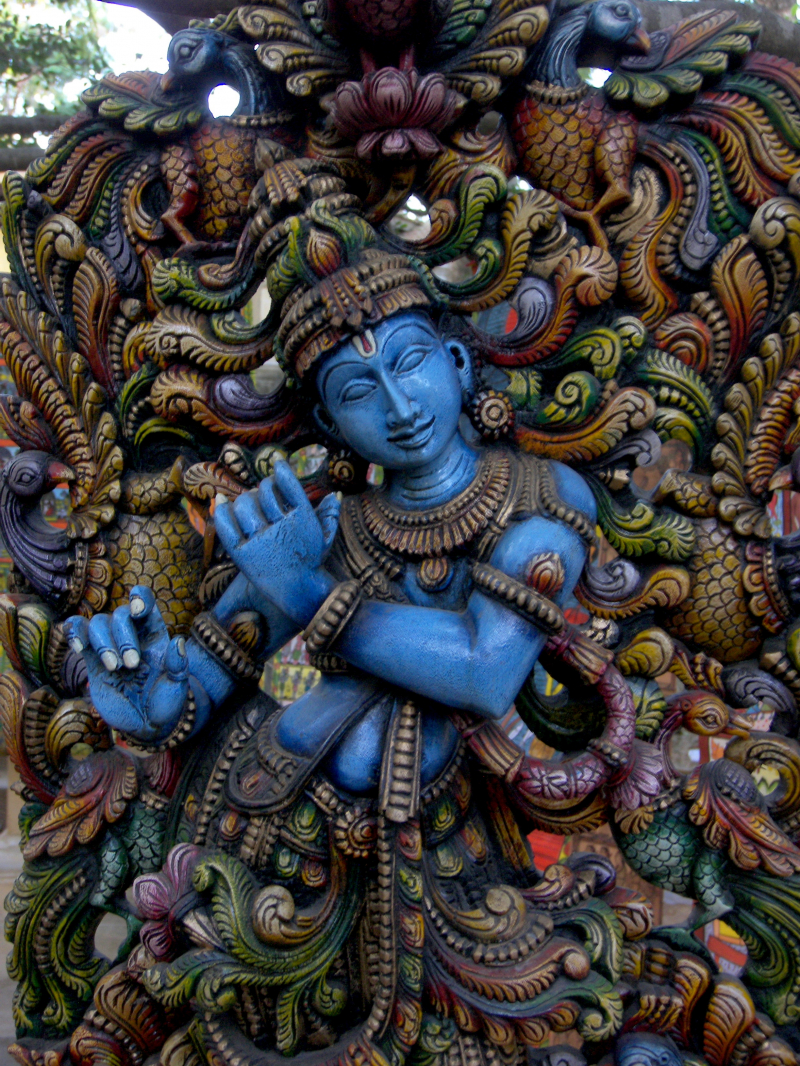
Krishna in wood - Photo on Wikimedia Commons -
Ganesha, also known as Ganesh or Ganapati, is a major deity in Hinduism, often revered as the god of wisdom, knowledge, and new beginnings. He is depicted as a human-like figure with an elephant head and is often portrayed with multiple arms, holding various symbolic objects.
Ganesha is widely worshipped throughout India and beyond and is associated with the removal of obstacles and the granting of blessings. He is often invoked at the beginning of important ceremonies or rituals, as a symbol of good luck and success.
One of the most popular stories about Ganesha involves his creation by the goddess Parvati. She sculpted a figure out of clay and brought it to life, and Ganesha was born. In another well-known story, Ganesha's elephant head was the result of a misunderstanding between him and the god Shiva, who mistakenly beheaded Ganesha and replaced his head with that of an elephant.
Ganesha's image and symbolism have had a significant impact on Indian culture, particularly in the arts. He is often depicted in sculptures, paintings, and other forms of art, and is a popular subject for tattoos and other body art. In addition to his religious significance, Ganesha has also become a popular figure in popular culture, particularly in India. His image has been used in advertising, movies, and other forms of media, and he is often seen as a symbol of good luck and success.
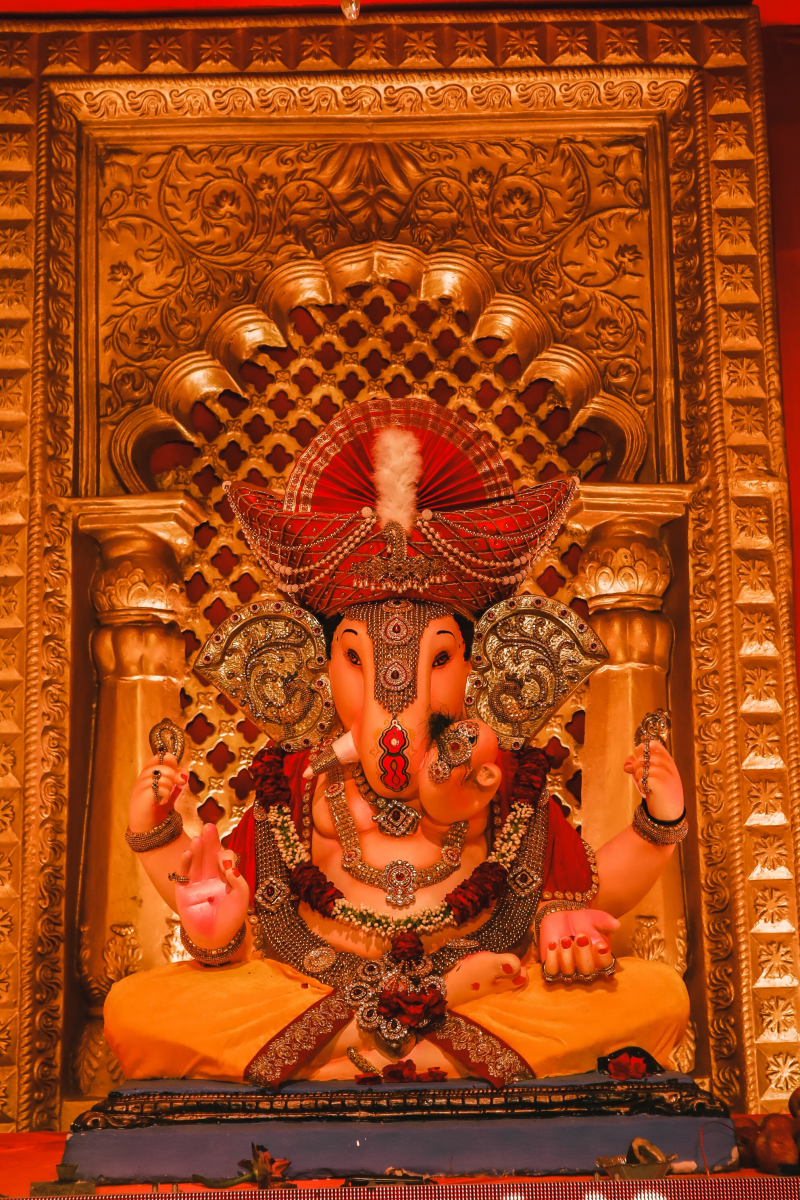
Photo by Vardhan Halwai on Unsplash 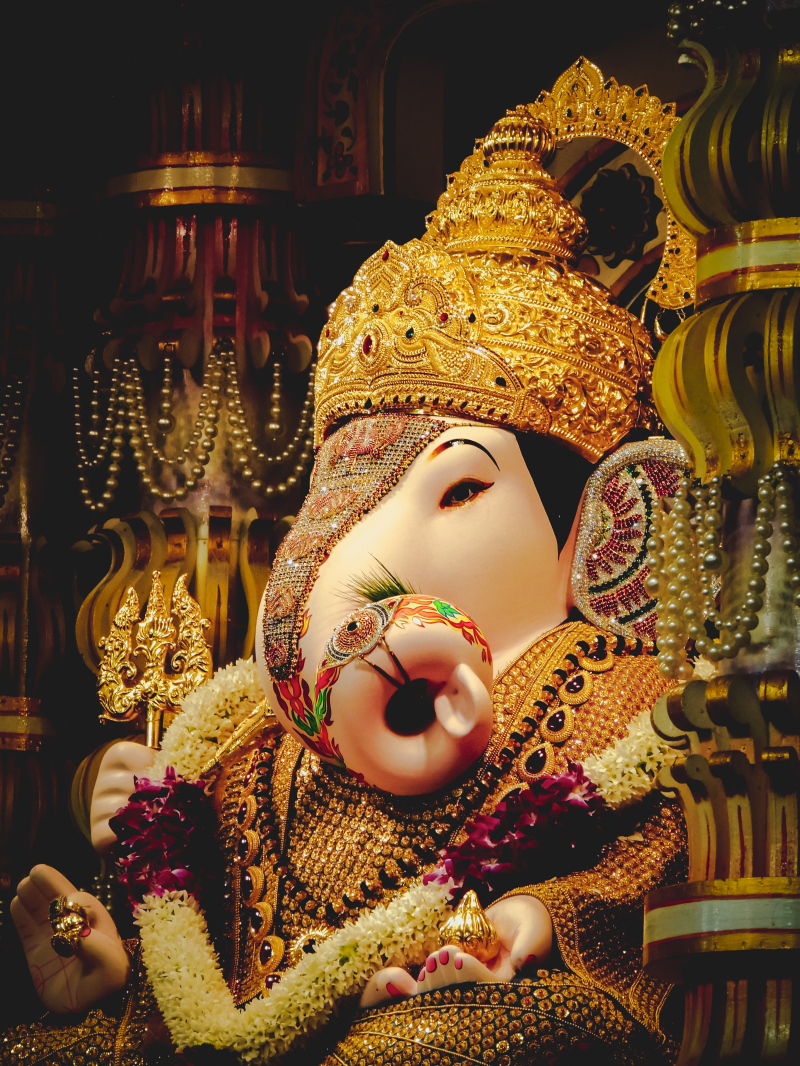
Photo by Vardhan Halwai on Unsplash -
Allah is the Arabic word for God and is the central figure in the Islamic faith. Muslims believe that Allah is the one and only God, and that he is all-powerful and all-knowing. They also believe that Allah has revealed himself to humanity through the prophet Muhammad and the holy book, the Quran.
Muslims believe that Allah is merciful, just, and compassionate, and that he created the world and everything in it. They also believe that Allah is involved in every aspect of human life, and that he has a plan for every individual.
One of the key beliefs in Islam is the concept of Tawhid, which means the oneness of God. This means that Muslims believe that there is no other deity besides Allah, and that he is the only one worthy of worship.
Muslims also believe in the importance of prayer, which is a way of communicating with Allah and seeking guidance and blessings from him. They pray five times a day, facing towards the holy city of Mecca.
In addition to prayer, Muslims also follow certain guidelines and principles, known as the Five Pillars of Islam, which include belief in Allah, prayer, giving to charity, fasting during the month of Ramadan, and making a pilgrimage to Mecca at least once in a lifetime.
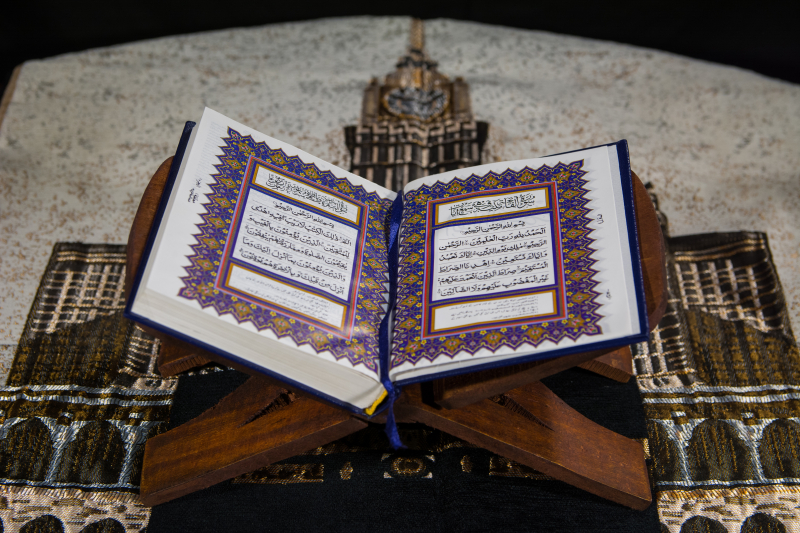
Photo by GR Stocks on Unsplash 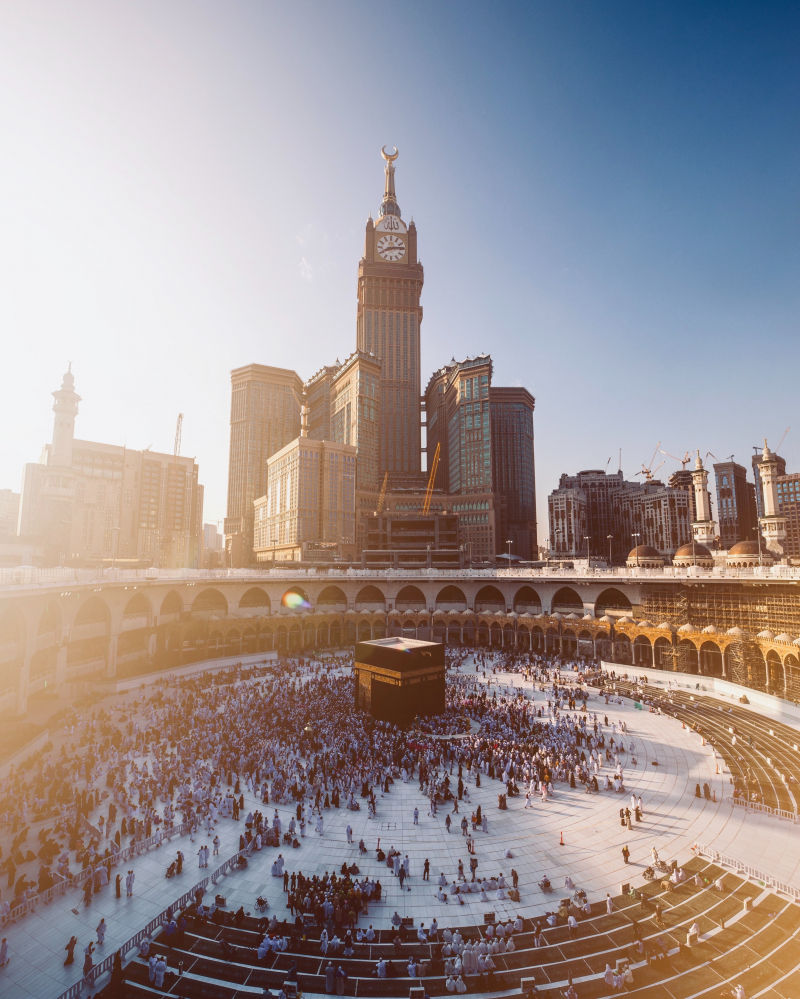
Photo by GR Stocks on Unsplash -
Zeus is one of the most well-known gods in Greek mythology, often revered as the king of the gods and the god of thunder and lightning. He is depicted as a powerful and regal figure, wielding a thunderbolt as his weapon of choice.
Zeus was considered the ruler of the heavens and the earth and was worshipped throughout ancient Greece. He was believed to have control over the weather, and his thunderbolts were said to be a sign of his anger or displeasure.
In addition to his powerful and fearsome reputation, Zeus was also known for his romantic exploits. He had many love affairs with mortal women and other goddesses, resulting in a large number of offspring who were also worshipped as gods and goddesses.
Zeus was often depicted in ancient Greek art and literature, and his image and symbolism have had a significant impact on Western culture. He has been portrayed in countless movies, TV shows, and other forms of media, and his name is often used as a synonym for "god" or "powerful leader."
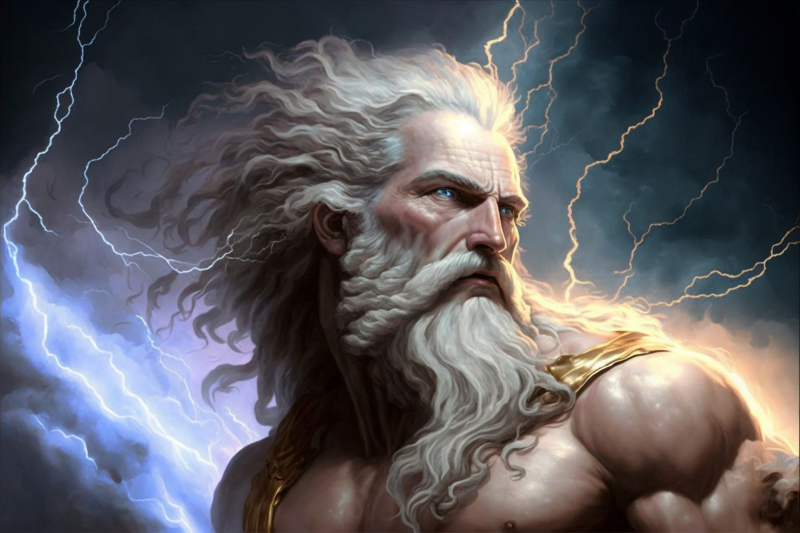
Image by Raphael from Pixabay 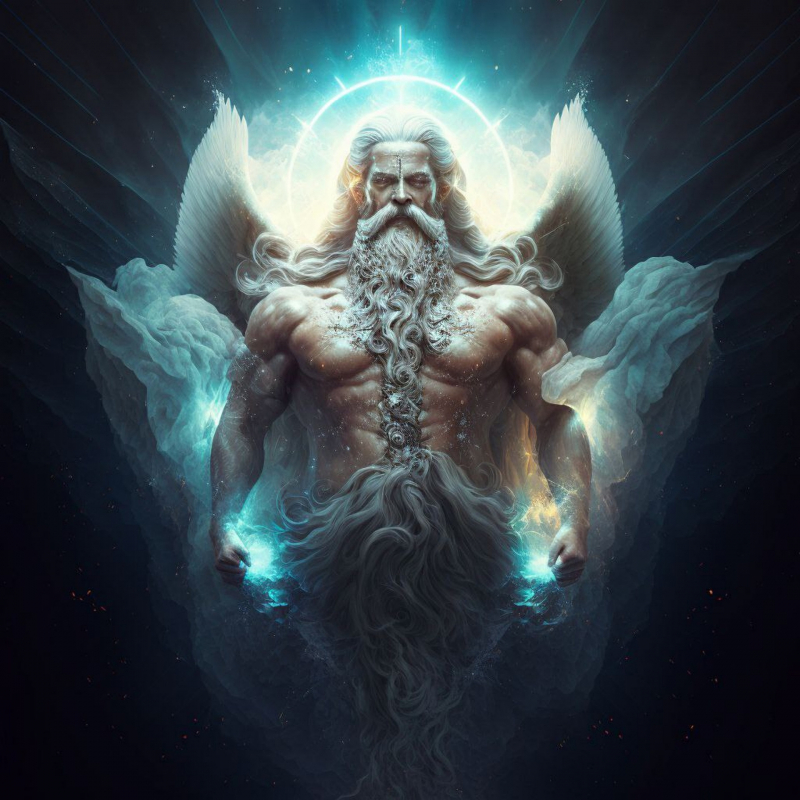
Image by Raphael from Pixabay -
Vishnu is one of the most important deities in Hinduism, often regarded as the preserver of the universe. He is believed to have taken on several avatars or incarnations to protect and guide humanity throughout history.
As the preserver, Vishnu is said to maintain the cosmic balance between good and evil, and to uphold the order of the universe. He is often depicted with four arms, each holding a symbol of his power and authority, and is sometimes shown resting on the mythical serpent, Shesha.
One of the most famous avatars of Vishnu is Lord Krishna, who is worshipped throughout India as a deity of love and compassion. Other well-known avatars include Rama, Narasimha, and Buddha.
In addition to his role as the preserver, Vishnu is also associated with the qualities of mercy, forgiveness, and compassion. His devotees often offer prayers and perform rituals in his honor, seeking his blessings and protection.
Vishnu is also closely associated with the Hindu concept of dharma, or righteous duty. According to Hindu belief, each person has a specific duty to fulfill in their lifetime, and it is through the guidance and protection of deities like Vishnu that they are able to carry out their duties successfully.
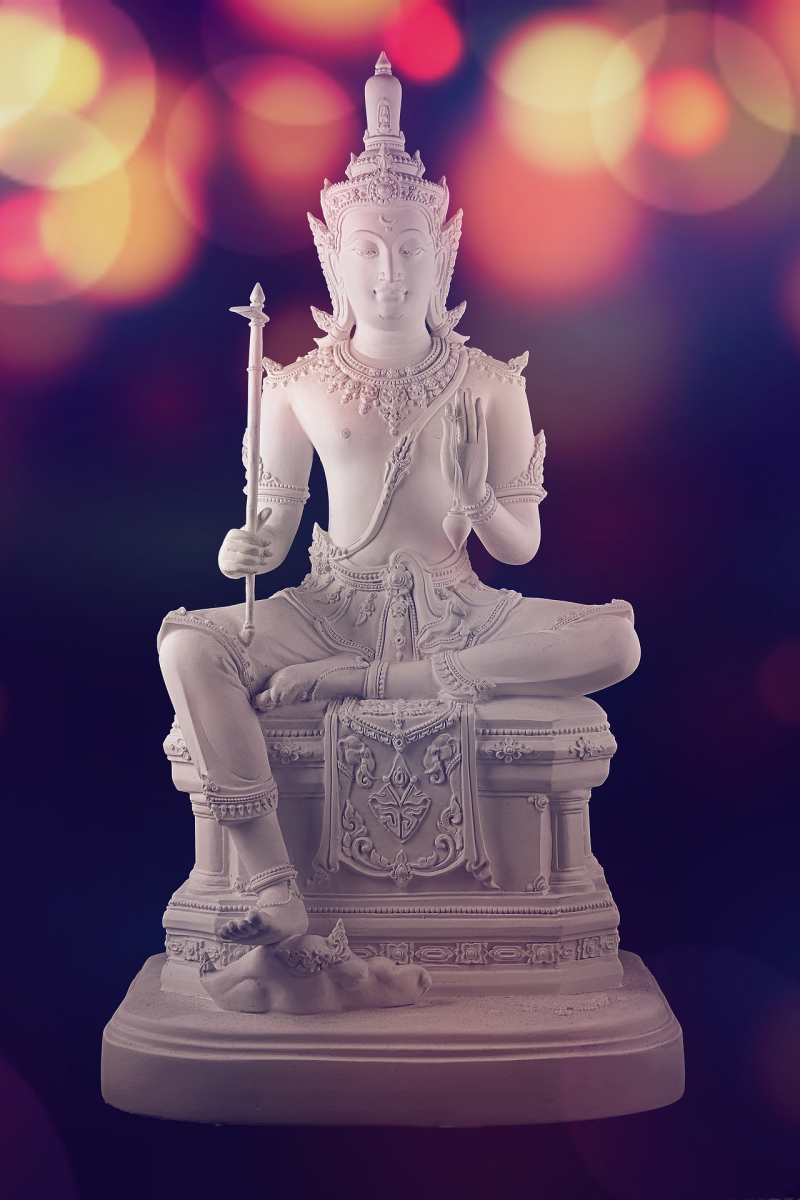
Image by นิธิ วีระสันติ from Pixabay 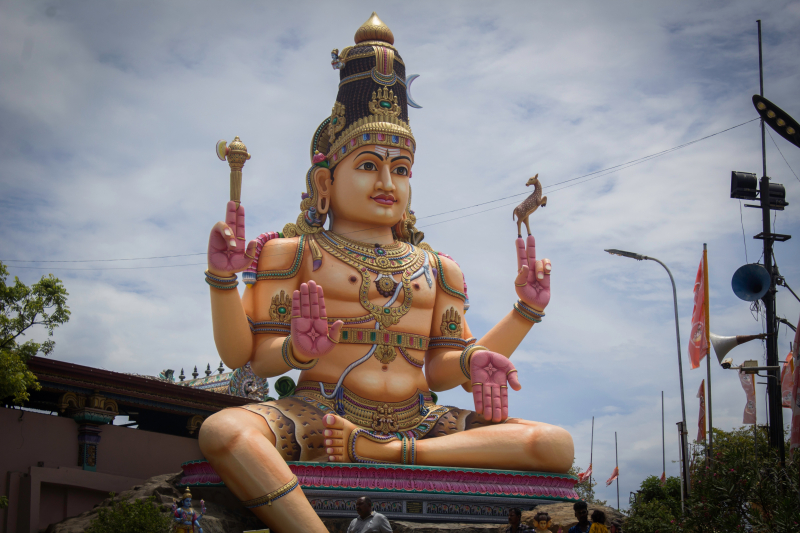
Photo by Nadun Ranasinghe on Unsplash -
Poseidon is one of the most powerful gods in Greek mythology, often associated with the sea and water. He is often depicted with a trident, a three-pronged spear that symbolizes his power and authority over the ocean.
As the god of the sea, Poseidon was worshipped by sailors and fishermen, who relied on his protection and guidance to navigate the treacherous waters. He was also believed to be responsible for earthquakes, which were thought to be caused by his movement beneath the earth.
Poseidon was known for his hot temper and fierce nature, often punishing those who angered him with powerful storms and floods. However, he could also be generous and protective towards those who honored him and sought his favor.
In addition to his role as the god of the sea, Poseidon was also associated with horses and was said to have created the first horse by striking the ground with his trident. He was often depicted riding a chariot pulled by horses, and his worship was closely tied to horsemanship and equestrian sports.
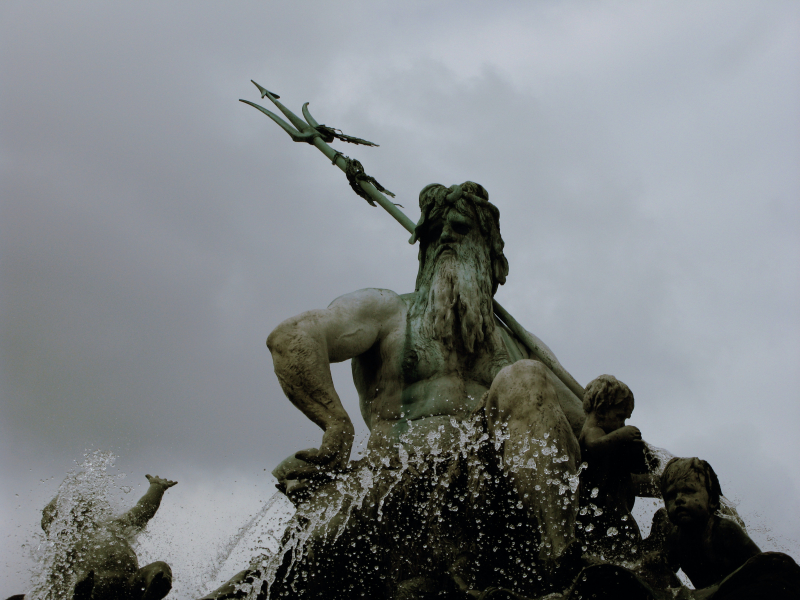
Photo by Francesco Ungaro: https://www.pexels.com/photo/clouds-over-poseidon-statue-11570505/ 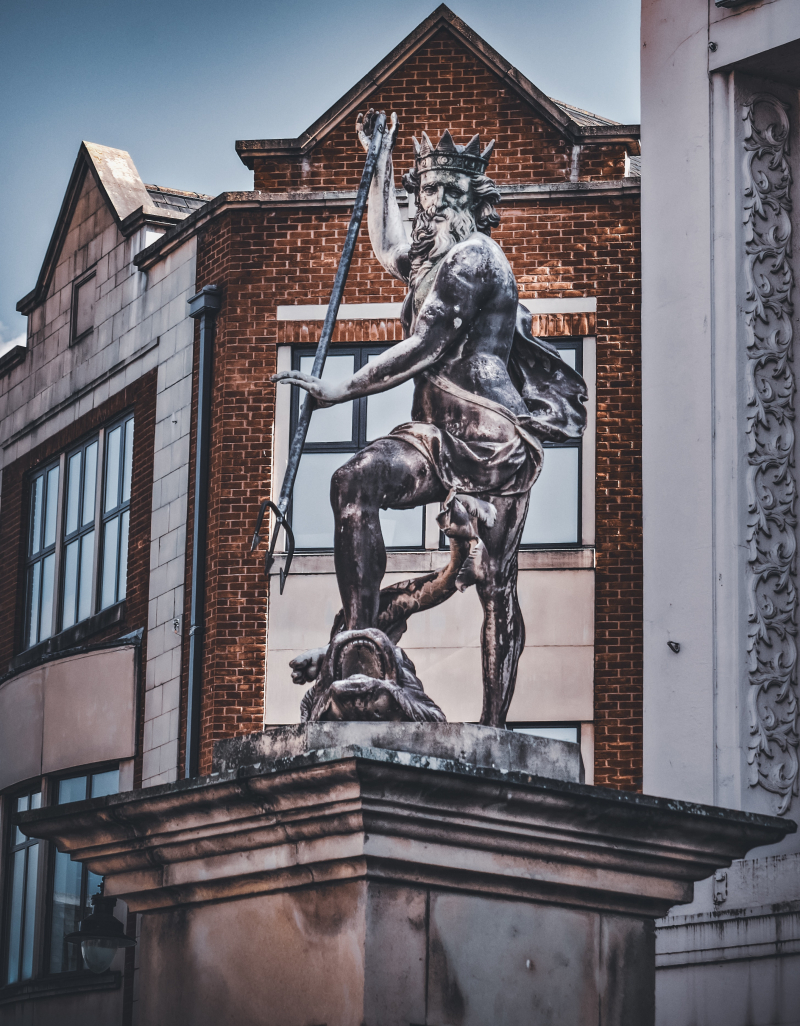
Photo by K. Mitch Hodge on Unsplash












